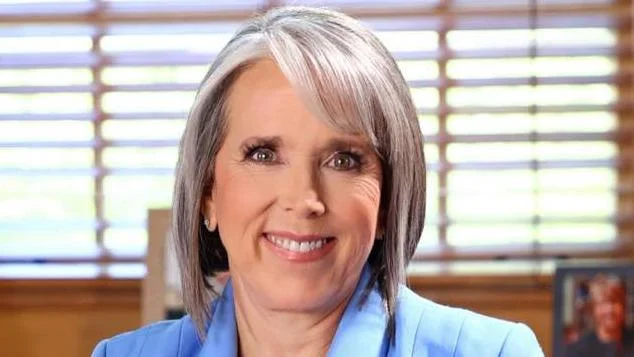Governor Michelle Lujan Grisham marked the 90th anniversary of Social Security, highlighting its role in providing financial stability for retirees and disabled workers. The governor described Social Security as earned income, not an entitlement, and criticized Congress for not addressing inflation and other financial pressures affecting the program.
“While Congress refuses to deal with inflation and the real-life financial pressures people face, we’re making sure those eligible for Social Security keep every single dollar they earned,” said Gov. Lujan Grisham. “Politicians in Washington want to call Social Security an ‘entitlement,’ but this is your money that you paid into your entire working life.”
New Mexico has removed state income taxes on Social Security benefits for most recipients since tax year 2022. This change means that about 86% of seniors in New Mexico no longer pay state taxes on their Social Security income. Single filers earning up to $100,000 annually and joint filers earning up to $150,000 are fully exempt from these taxes.
“The most important thing seniors need to know is that we already removed state taxes on your Social Security income,” said Lujan Grisham. “We eliminated those taxes because that money belongs to you – it’s income you earned, and you shouldn’t be taxed twice on it.”
The tax relief has provided significant financial benefits to senior households in New Mexico. According to Think New Mexico, each senior household saves about $710 per year due to this policy change. In total, families received $84 million in relief during 2022, with projections estimating this will rise to $99.5 million by 2025.
Beyond tax relief, the state has invested in programs such as New MexiCare for long-term care services and support at the New Mexico State Veterans Home. The administration also resolved a longstanding lawsuit regarding services for individuals with developmental disabilities by eliminating waitlists and improving community-based care.
“We need Congress to keep thinking—and state policymakers too—about ways to treat retirees, older adults, and disabled people with much more respect and dignity,” said Lujan Grisham. “New Mexico recognizes that the state can and should do more to lift up senior citizens, veterans, and disabled persons. We do a lot of other work beyond Social Security tax relief.”
Lujan Grisham called attention to ongoing funding challenges facing Social Security at the federal level. The latest report from the program’s trustees indicates trust funds could be depleted by 2033 if no action is taken by Congress; this could lead to automatic payment cuts of around 20%.
“Congress should take a lesson from New Mexico on how we take care of people,” Lujan Grisham added. “We can do more, and we will.”
“For 90 years, Social Security has made sure that when you can’t work anymore, part of what you earned during your lifetime is still there for you,” said Lujan Grisham. “We’re talking about 470,000 New Mexicans who paid into this system their whole working lives. This is income they earned.”
As of December 2023, nearly half a million residents receive some form of benefit through Social Security or Supplemental Security Income (SSI) in New Mexico: there are over 468,000 total beneficiaries statewide—including retired workers and those with disabilities—with monthly payments totaling $778 million.









